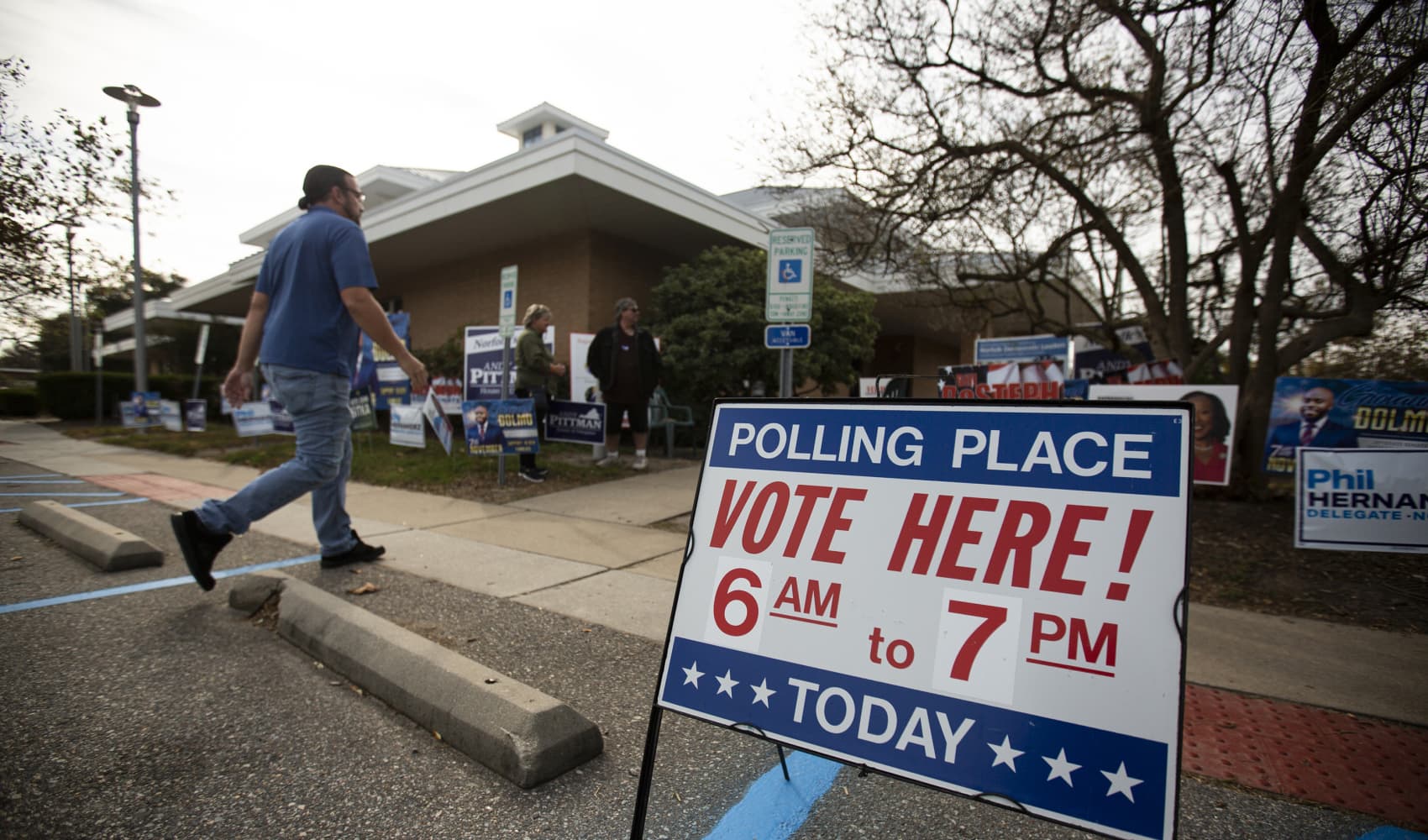
- In the third quarter of this year, mortgage holders withdrew $48 billion of home equity.
- They are sitting on a little over $17 trillion in total equity collectively.
- They took just 0.42% of all tappable equity, less than half the rate seen in the decade leading up to the Fed hikes.
U.S. homeowners are sitting on a record amount of equity, but higher interest rates over the past two years have made them reluctant to tap into it. That is finally starting to change.
In the third quarter of this year, mortgage holders withdrew $48 billion of home equity, according to ICE Mortgage Technology — the largest volume in the two years since the Federal Reserve started hiking its benchmark interest rate. While mortgage rates don't exactly follow the Fed's rate, home equity lines of credit, or HELOCs, are tied to it. The Fed cut its rate by a half percentage point in mid-September.
Despite the bump, homeowners are still being pretty cautious.
They are sitting on a little over $17 trillion in total equity collectively. Roughly $11 trillion of that is tappable, meaning homeowners could borrow on it as long as 20% equity would remain in the home, as most lenders require. The average homeowner now has $319,000 of equity in their home, of which $207,000 is tappable.
In the third quarter, homeowners withdrew just 0.42% of all tappable equity, less than half the rate seen in the decade leading up to the Fed hikes.
"Over the past 10 quarters homeowners have extracted $476B in equity, exactly half the extraction we'd expect to see under more normal circumstances. That equates to nearly a half a trillion untapped dollars that hasn't flowed back through the broader economy," said Andy Walden, ICE vice president of research and analysis, in a release.
Money Report
Homeowners tend to use equity for home repairs, renovation projects and large expenses, such as college tuition.
Walden ran the numbers for the change in costs over the past two years: The monthly payment needed to take out $50,000 in a HELOC more than doubled from as low as $167 in March 2022 to $413 in January of this year. The latest rate cut reduced that slightly.
Feeling out of the loop? We'll catch you up on the Chicago news you need to know. Sign up for the weekly Chicago Catch-Up newsletter.
"The market's currently pricing in another 1.5 percentage points of cuts through the end of next year. If that comes to fruition, and current spreads hold, it'll have positive implications for both new equity lending as well as for consumers with existing HELOCs, with the payment on a $50,000 withdrawal falling back down below $300 per month," Walden calculated.
That cost is still above the 20-year average, but it represents a more than 25% reduction from recent highs, according to the calculations.
"Given borrowers' recent sensitivity to even slight rate drops, this could serve to entice additional HELOC utilization, especially with mortgage holders sitting on record stockpiles of equity and locked into their current home values via low first lien rates," Walden added.
Home equity growth has been moderating recently, as home prices ease. More supply is coming on the market, and primary mortgage rates are higher than they were over the summer. That gives sellers less pricing power.






